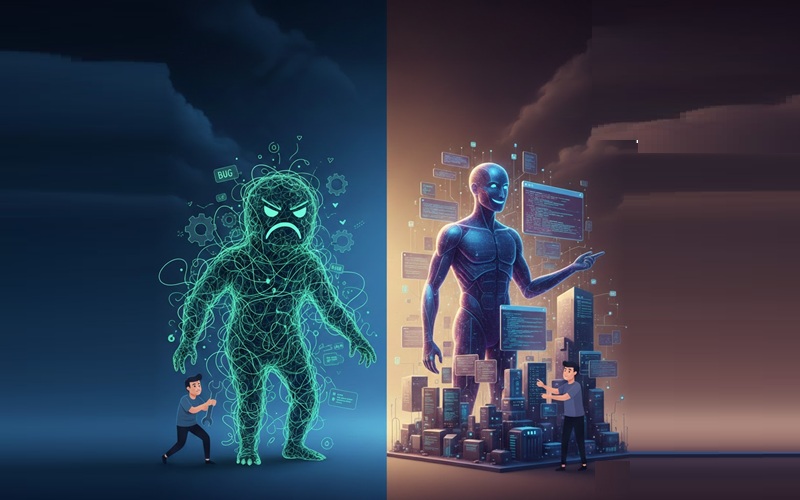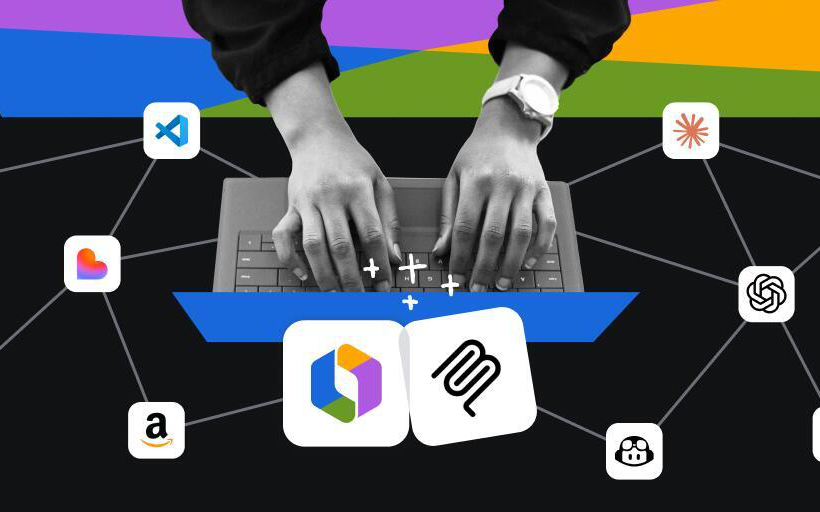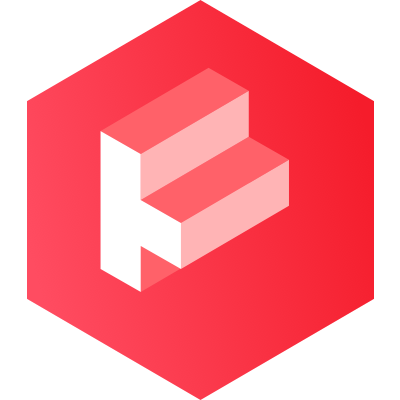fromLondon Business News | Londonlovesbusiness.com
1 week agoChoosing a UK Software Development Company - London Business News | Londonlovesbusiness.com
Selecting a UK software development partner is a strategic decision that influences product quality, operational efficiency, compliance, and long-term scalability. The UK market offers many providers, from boutique consultancies to enterprise agencies, so the key challenge is finding one that matches your business goals and technical needs. Many organisations focus mainly on cost or reputation, but lasting success requires deeper evaluation of delivery discipline, communication, security practices, and post-launch support.










